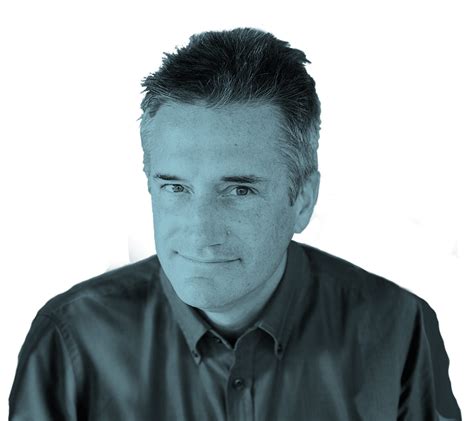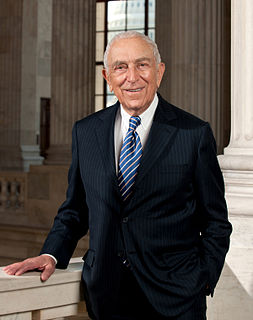A Quote by Steve Coogan
Look at the 18th century. There was a lot more freedom going on.
Related Quotes
If you look back on the history of the 20th century, the 19th century or even to the ancien régime of the 18th, you will see that first people rebelled against the order of the things because of lack of liberty, and demanded more freedom. And when they got more freedom, they got frightened, and they desired more security for a change. After a while, they started complaining, although more secure, they also become more dependent and rule-bound.
Look, science is hard, it has a reputation of being hard, and the facts are, it is hard, and that's the result of 400 years of science, right? I mean, in the 18th century, in the 18th century you could become an expert on any field of science in an afternoon by going to a library, if you could find the library, right?
Although the stories are very present in my book, and very present in my mind, what I was most interested in was the question of why it had attracted such a following in the 18th Century. It's less mysterious that it attracted a following in the Romantic period, and in the 19th Century, but the early 18th Century when the Rationalists fell in love with it...that was mysterious. What I wanted to look at was the forms of enchantment.
I wanted to create a believable feeling for 18th Century reality in the Perfume: The Story Of A Murderer. I didn't want this typical film feel of strange people in strange costumes, not really knowing what to do or how to move. If you put an 18th Century costume on Alan Rickman, it looks like he's been wearing it forever because he inhabits the stuff. He is a character that can really travel in time as an actor and transform into this 18th Century person with seemingly no effort.


































